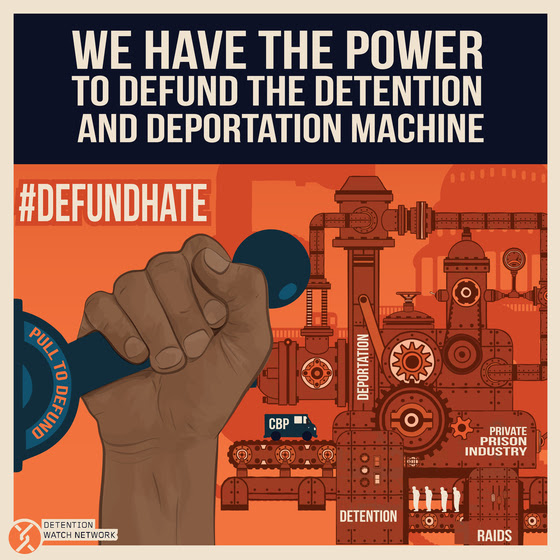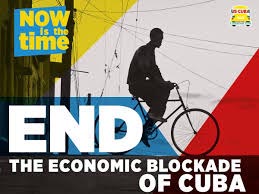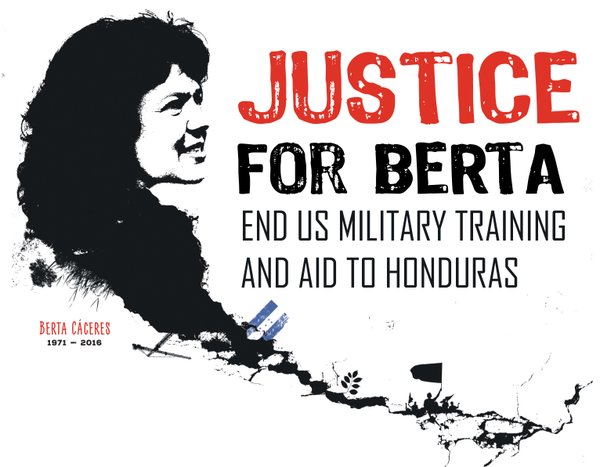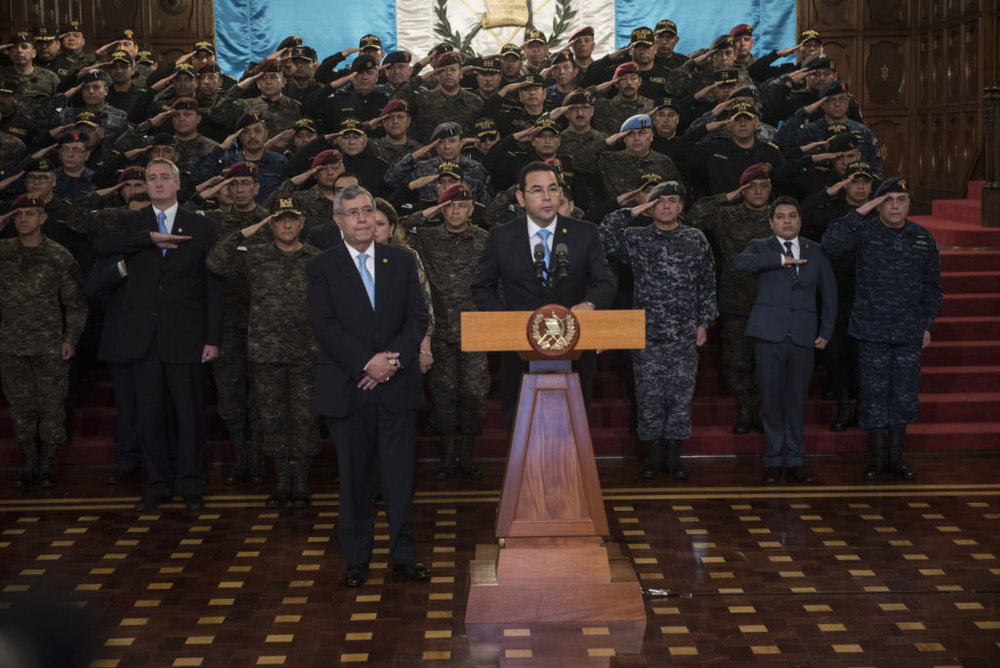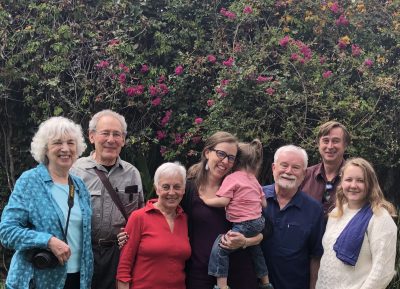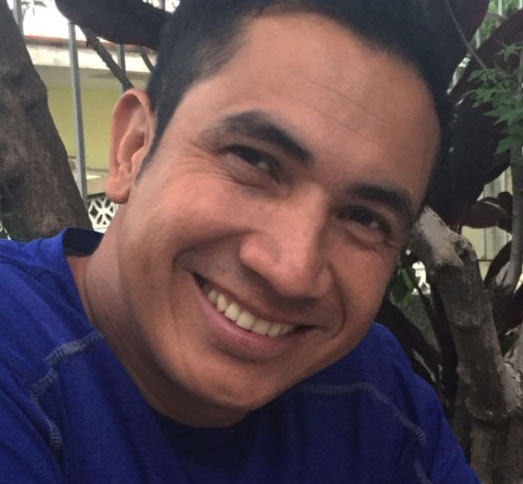CRLN DELEGATION TO GUATEMALA: JANUARY 6 – 19, 2019
CRLN’s 2019 delegation to Guatemala was a very special journey of accompaniment, learning and solidarity. We visited rural communities and met with human rights organizations working to promote justice and peace in Guatemala. We shared meals with our Guatemalan friends, listened to their stories, and explored ways in which CRLN can continue to support their struggle to build a more just and humane society. Throughout our travels and visits, we endeavored to learn about the factors that cause people to leave their homeland and migrate to the US and the factors that could make them want to stay.
New Hope (Chaculá): This year marked the 25th anniversary of the founding of this community of repatriated refugees, who fled genocidal attacks by the Guatemalan Army in the 1980’s. At their request to guarantee their safety, Martha Pierce provided international accompaniment for them as they made their way from the Mexican refugee camps to their new community, and a 25-year partnership began. Since 1994, CRLN and its predecessor, CMSA, have supported the community through annual visits on the anniversary of their return (January 12), support for international human rights accompaniers in the village, and scholarships for students at the local school from funds raised by CRLN’s Pedal for Peace Bike-a-thon. The dedicated young teachers at the school, many of whom have benefitted from these scholarships themselves, believe strongly that a good education will enable their students to remain in Guatemala, rather than migrating to the USA.
The Roots of Migration: Our friends in Chaculá are trying to build their community and their lives in the midst of the ongoing challenges of economic inequality, racism, and corruption that fuel violence and cause some people to make the difficult decision to leave their homeland. In Chaculá, we could easily see the differences in living conditions for those who have family members in the North and those who do not.
The violence that affects much of the country is felt in Chaculá as well. Situated very close to the Mexico border, they are quite aware of drug trafficking, as well as the passage of migrants through their area. Many people in Chaculá were mourning with the family of a young boy from a neighboring village, who had recently died in US Border Patrol custody.
We had to cut our visit short by a day and return to the city, because people throughout the country were protesting the Guatemalan President’s efforts to end investigations into corruption and impunity that were being carried out by a UN-appointed commission known as CICIG. He defied a Constitutional Court order to allow CICIG to do its work, precipitating a constitutional crisis or “technical coup.” Everyone we talked to – villagers, taxi drivers, shop-keepers, community leaders – supported the work of CICIG, and all agreed that corruption of government officials is pervasive throughout the society. The lack of the rule of law, this absence of justice, is one more factor pushing people to leave the country.
While in Chaculá, we heard about regional resistance to a large hydro-electric dam that would displace many indigenous people, while channeling the electric power to other areas of the country. And we saw homemade signs reading “No a la mineria, si a la vida” (No to mining, yes to life) along the roadsides, expressing local opposition to gold and silver mines that are causing environmental damage and health problems in the area. These large mega-projects, which displace people from their land and/or pollute land and water, are another source of migration.
Advocacy: Finally, we met with representatives of our own government, at the US Embassy. We presented a letter from CRLN to Ambassador Luis Arreaga, expressing our concern about the constitutional crisis in Guatemala. We urged the US to speak out more forcefully in support of the rule of law and against corruption, as they have done in the past. We also stated that, if the US wants to help end migration, they should focus their efforts on strengthening democracy, as well as the economy, in Guatemala.
Organizations for justice, human dignity/human rights, and historical memory:
In Guatemala City, we met with NISGUA, an organization that provides accompaniment for human rights defenders who have received threats and builds ties between the peoples of the USA and Guatemala in the struggle for justice, human dignity, and respect for the earth.
A highlight of our trip was a visit to “Common Hope,” where we were hosted by former CRLN staff member, Jenny Dale. She took us to visit a local school, filled with lively and energetic children, that is supported by CH through its programs of child sponsorship and teacher enrichment. We also stopped in a nearby village to meet a woman who had received a room addition through CH. Then Jenny took us on a tour of the CH campus, where they provide teacher trainings, health care, and a space for volunteers. The work of CH not only benefits local Guatemalans, but also provides awareness and understanding to the US volunteers who go there to work and learn. What a treat to see Jenny doing such good and important work!
Another highlight of our trip was a visit to Casa de la Memoria, an interactive museum that illustrates the long and proud history of the Maya people, their experiences of repression, and their courageous resistance and resilience. We followed up with a visit to the Mayan ruins of Tikal. The grand, ancient stone temples and pyramids stand, surrounded by jungle, as testaments to the wisdom and strength of the Maya people. Their deep roots continue to provide guidance and strength as the Maya carry on their struggle for justice, equity, and peace. We are so grateful for this opportunity to learn from, and walk with, the beautiful people of Guatemala.
Martha Pierce, Lucy Pierce, Sidney Hollander, Kay Berkson, Michael Swartz, Steven Schippers, Barbara Gerlach
For further reading:
The Guardian–Why are Guatemalans seeking asylum? US policy is to blame https://www.theguardian.com/commentisfree/2018/dec/23/why-guatemalans-seeking-asylum-us-policy?CMP=Share_iOSApp_Other

